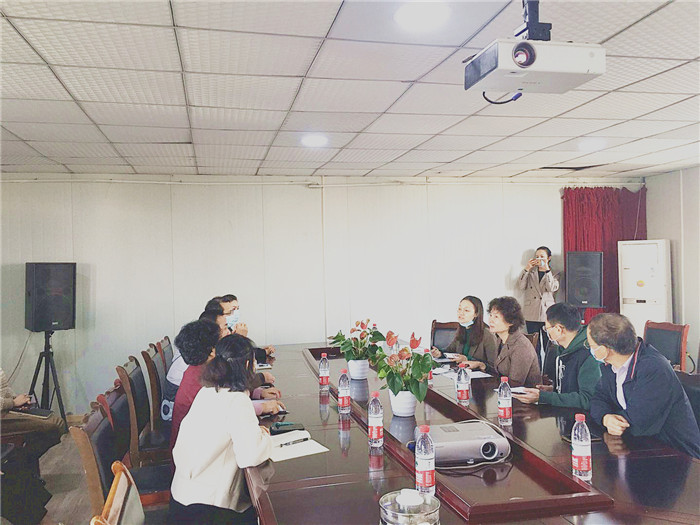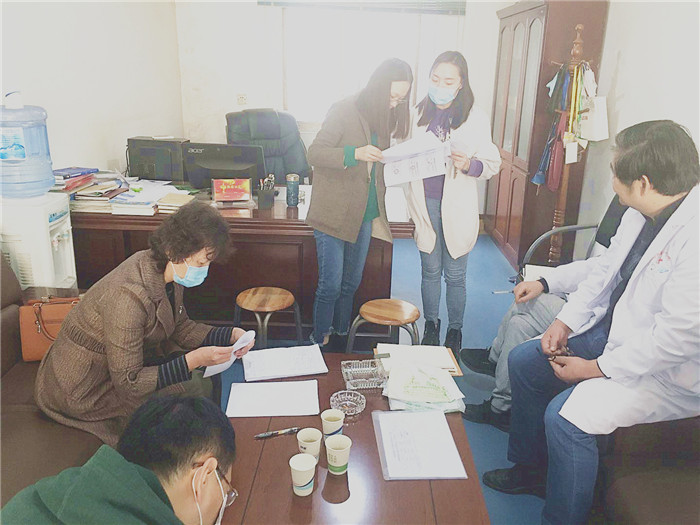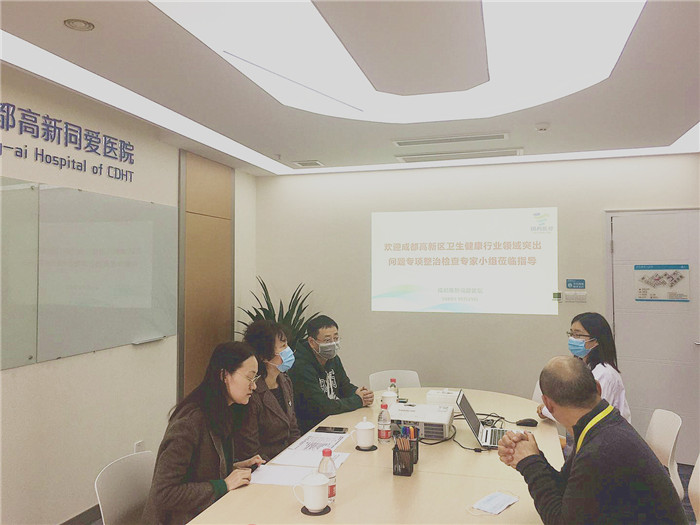In order to thoroughly implement the spirit of the Fourth Plenary Session of the 19th Central Commission for Discipline Inspection and the spirit of systematic management of outstanding problems in key industry areas of the provincial and municipal Commission for Discipline Inspection and Supervision, and to focus on solving outstanding problems in the health industry, commissioned by the Education, Culture and Health Bureau of the High-tech Zone, On October 29, the Medical Quality Control Management Service Center of Chengdu High-tech Zone organized experts to carry out special rectification of outstanding problems in the health industry in many medical institutions in the area, and special inspections for hemodialysis.
This inspection focused on the development of hemodialysis in medical institutions, and "looked back" on the "big prescriptions and pan-consumables" launched on September 23. The inspection invited an expert team composed of He Qiang, the head of the Department of Nephrology, Sichuan Provincial People's Hospital, and Dai Dan, an expert from the Pharmacy Department of Chengdu First People's Hospital. The relevant leaders of the Education, Culture and Health Bureau of the High-tech Zone participated in the supervision work throughout the process.
During the inspection process, the experts checked the previous inspection opinions of several institutions and the implementation of the rectification of the hospital one by one, and made a comprehensive evaluation of the implementation of the rectification of the hospital. In the inspection of the development of hemodialysis in hospitals, experts conducted detailed inspections of the development of hemodialysis in various hospitals through various methods such as on-site visits, inquiring of patients, and access to materials, and compiled the findings into opinions. Table, requiring the hospital to implement rectification.
Through the “look back” work and the inspection of the development of hemodialysis in medical institutions, we can better supervise medical institutions to implement problem rectification, which is conducive to the formation of medical institutions’ self-improvement capabilities for problems and continuous improvement of medical quality and hospital management. It provides a guarantee for the people's safe medical treatment.











